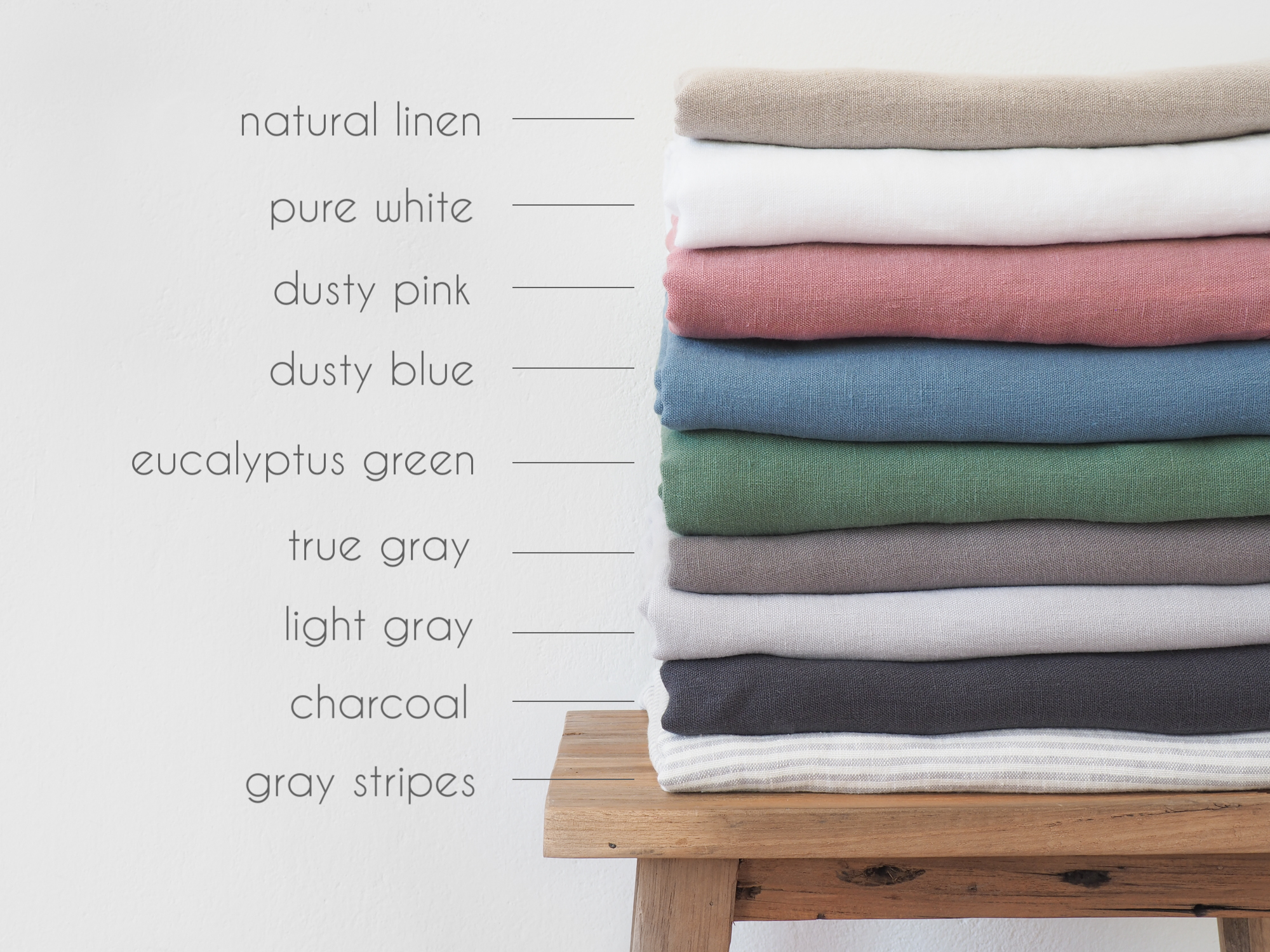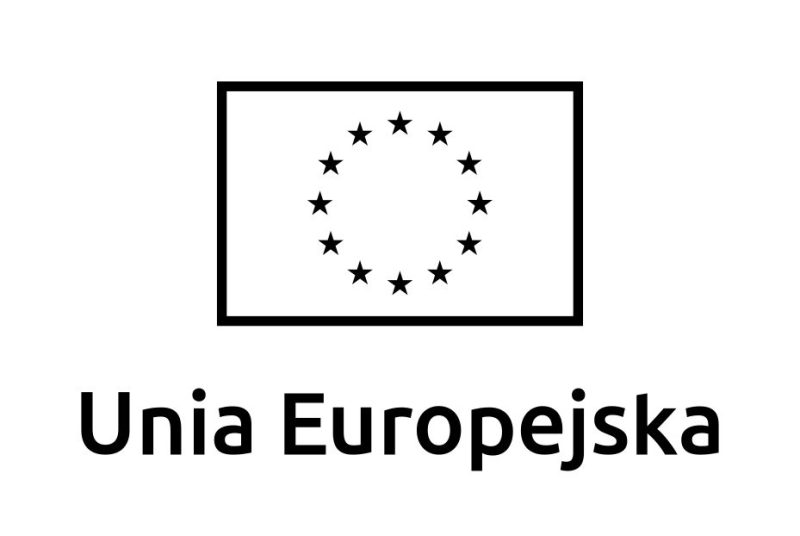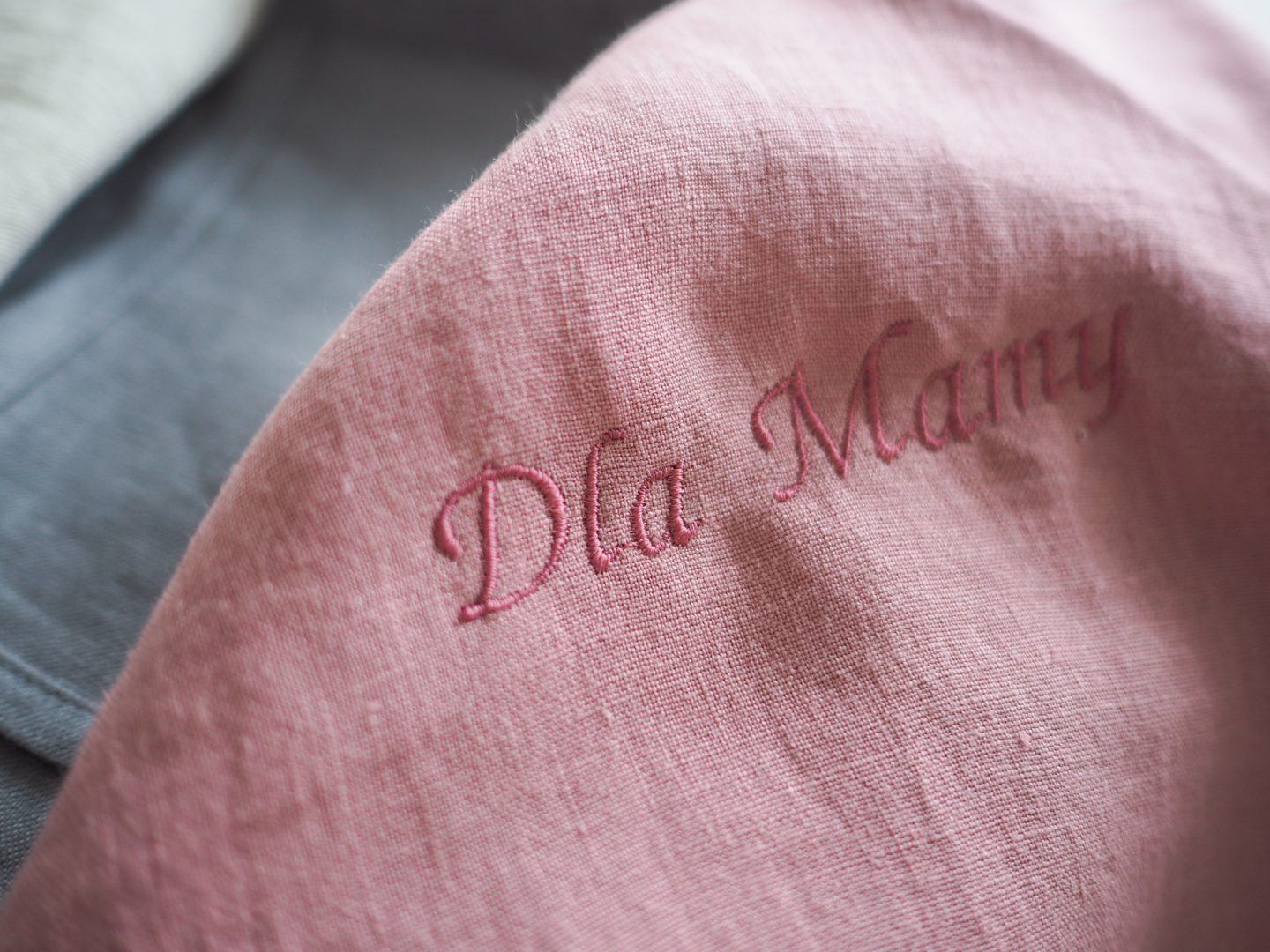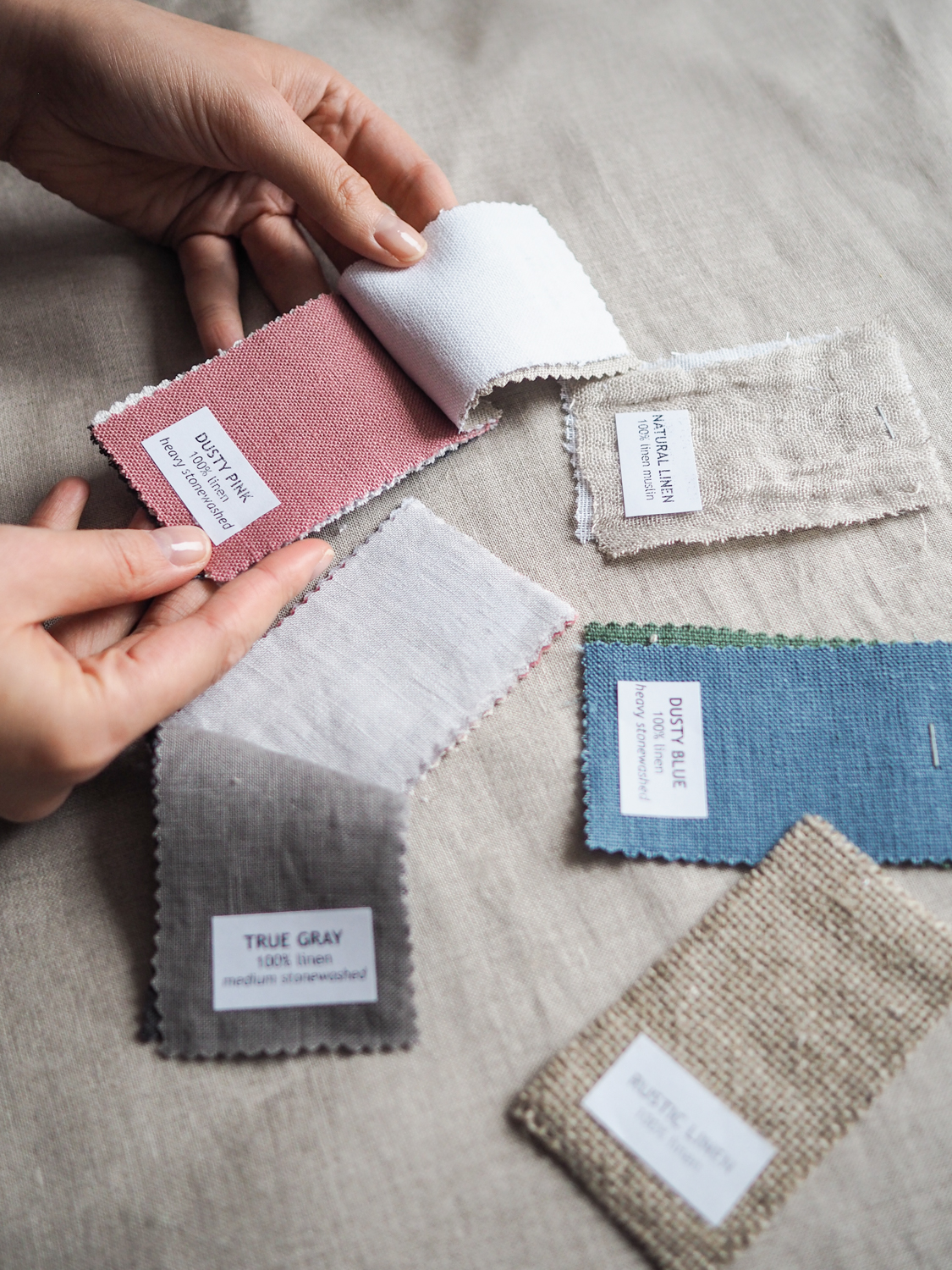-
×
 fabric samples
1 × €5.00
fabric samples
1 × €5.00
Uncategorized
Fair Trade – what is it?
We live in a time where industry drives our economy and the economy drives our industry. There are many factories and warehouses around the world producing tons (and I mean literally tons) of products that then end up in stores and later our homes. Consumerism and the prospect of growth is so great that it’s not uncommon for companies to inflate the well-being of employees, or to overexploit our planet’s resources. To emphasize the importance of respecting the environment and human labour, the term “fair trade” was invented – an idea that is very close to our heart.
FAIR TRADE
Let’s start by explaining what the term is even about and why it is so important. Fair Trade – is run by non-governmental organizations, companies, activists and often volunteers who want employers to provide good working conditions for their employees in companies around the world. It was originally aimed mainly at developing countries, but the scale of the problem turned out to be somewhat larger. Over time, the idea went a step further, wanting to also guarantee security for other countries and ultimately the whole planet.

Why are the Earth’s resources so important to us? Reports conducted so far indicate that it is the farmers, who mainly rely on the Earth’s capabilities, who play a key role in e. g. food production. The same research indicates that there are around 525 million farmers worldwide, 85% of whom farm 2 hectares of arable land, providing up to 70% of all the world’s food. Well, that’s why it’s so important to support local businesses while making sure they make a decent living and have room to grow.
MAIN GOALS AND PRINCIPLES
The basic principles of the created movement are mutual respect and care. As the representatives stress – the most important thing is to put the needs of people first, and only then the possibility of profit can matter. It is also important that producers have the opportunity to improve their living and working conditions – using for example eco-friendly solutions. The movement also points to the importance of promoting developmental opportunities for women, who continue to be treated unequally in the labour market. The protection of their rights is one of the main principles, placed on a par with the protection of the rights of children who are exploited for profit.

This somehow overlaps with aims such as raising awareness among consumers. They are the ones who should know about the negative effects of international trade and how important it is to protect human and nature rights, while preserving human rights, social justice and a healthy ecology.
WHEN YOU GO SHOPPING…
With great pride we feel that the principles of fair trade are no strangers to us and every day, sewing

How to choose fair trade companies?
- Pay attention to the composition or the materials used – just remember that a strange sounding name is not always associated with a harmful chemical. Under the standards of BIO products there are many concepts.
- Ask yourself these questions: how does the company communicate? Does it emphasize how important environmental activities are to them? Does it test on animals?
- Look for information on the product or manufacturer’s website regarding earned certifications. These, of course, are not a guarantee of quality (just as their absence is not a guarantee of lack of quality), but their possible presence will certainly help you make your final decision.
- What is the country of origin? Thus in the case of So Linen all products are made in our Warsaw workshop, signed with the “made in Poland” logo. The country of production matters in terms of the environment – the longer the transport, the greater the carbon footprint and therefore the greater the strain on our environment.




